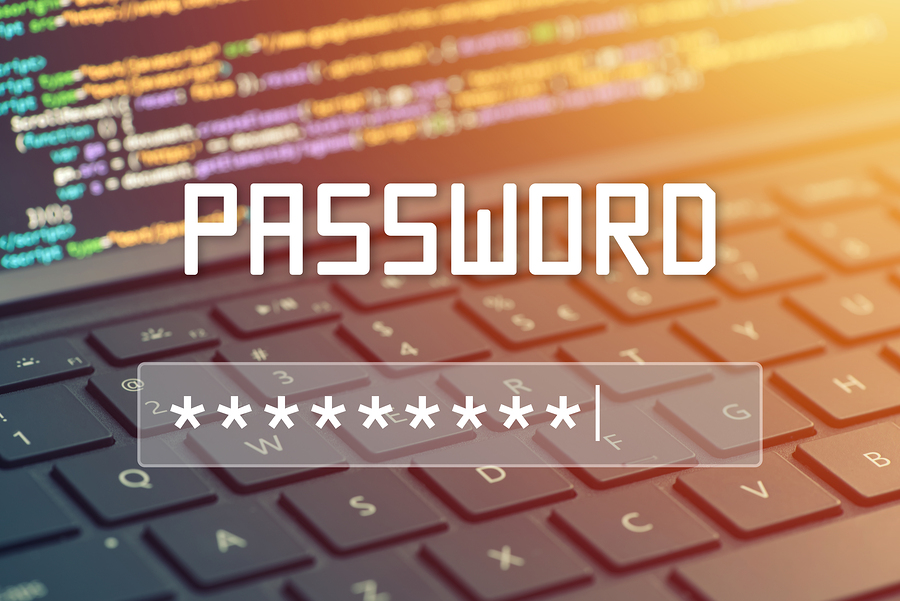Simplistic passwords contribute to over 80 of all computer password break ins

Simplistic Passwords: A Gateway to Computer Password Break-ins

Passwords are an essential part of our digital lives, safeguarding our personal information and sensitive data. However, despite the widespread knowledge about the importance of creating strong passwords, it is alarming how simplistic and easily guessable passwords are still prevalent. In fact, simplistic passwords contribute to over 80% of all computer password break-ins, according to recent research 1^.

What makes a password simplistic? It typically includes common words, personal information, or simple number sequences. These types of passwords can be easily cracked by automated tools or hackers who rely on well-known patterns and popular wordlists. Unfortunately, many individuals underestimate the risks associated with simplistic passwords, unknowingly exposing themselves to numerous cyber threats.
One may wonder, why do people continue to use simplistic passwords despite the known risks? One possible reason is the convenience factor. Simple passwords are easy to remember and can be quickly typed. However, the convenience of a simplistic password is a small price to pay when considering the potential consequences of a security breach.
The increasing prevalence of cyberattacks and data breaches should serve as a wake-up call for users to reassess their approach to password security. It is crucial to understand that simplistic passwords are equivalent to leaving the door wide open for cybercriminals. Let’s explore some of the key reasons why simplistic passwords contribute to a significant number of password break-ins:
1. Lack of Complexity:
Simplistic passwords often lack complexity, such as a combination of uppercase and lowercase letters, numbers, and special characters. This absence of complexity makes it easier for attackers to guess or brute-force the password. Complex passwords, on the other hand, significantly increase the difficulty and time required for attackers to crack them, enhancing overall security.
2. Dictionary Attacks:
Passwords composed of common words or names can easily be cracked using dictionary attacks. These attacks involve automated tools checking thousands of common words or permutations against an account’s password until a match is found. By using a non-dictionary word or a combination of words, one can significantly mitigate the risk of falling victim to dictionary attacks.
3. Personal Information:
Using personal information, such as birthdays, addresses, or names of family members, as passwords can be extremely risky. Hackers can easily gather such information from public sources or social media platforms to attempt access to your accounts. It is crucial to avoid using any easily accessible personal information in passwords.
4. Password Reuse:
Reusing the same or similar passwords across multiple accounts is a common, yet dangerous practice. If one account with a simplistic password is compromised, it opens the door for attackers to exploit other accounts that share the same or similar credentials. It is essential to use unique passwords for every account to minimize the potential damage caused by a security breach.
5. Social Engineering Attacks:
Simplistic passwords are also more susceptible to social engineering attacks. Social engineering involves manipulating individuals into revealing sensitive information, such as passwords, through psychological manipulation. By using a complex and unique password, one can increase the difficulty for social engineers attempting to guess or manipulate passwords.
In conclusion, the high percentage of computer password break-ins attributed to simplistic passwords should serve as a wake-up call for all users. Strengthening password security is a vital step towards protecting personal information and safeguarding against cyber threats. By embracing complex and unique passwords, users can significantly mitigate the risks associated with password break-ins, bolstering their overall online security.
Share
Related Posts
Quick Links
Legal Stuff

